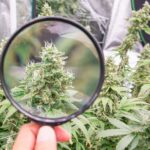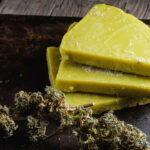The Best Fluffy Pancakes recipe you will fall in love with. Full of tips and tricks to help you make the best pancakes.
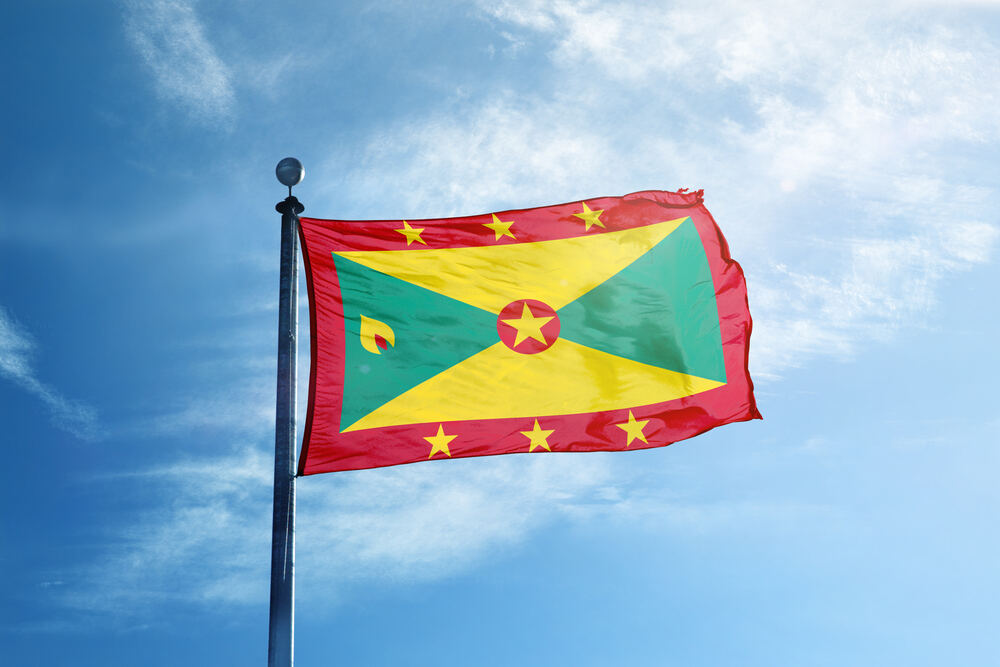
Is Weed Legal in Grenada?
If you’re wondering whether you can spark up a joint legally in Grenada, you’re not alone. The cannabis landscape in the Caribbean has been shifting fast in recent years, and Grenada is one of the countries cautiously making moves toward reform. As a cannabis breeder and long-time cultivator, I keep an eye on regions opening up new legal pathways—not just because it’s exciting, but because it reshapes the future of growing, selling, and consuming cannabis.
This guide will walk you through everything you need to know about Grenada’s current cannabis laws, the reform efforts happening on the island, what’s changing, and how this affects both residents and visitors. Whether you’re planning a trip or looking at potential cultivation opportunities down the line, understanding Grenada’s legal stance will keep you in the know and out of trouble.
Current Legal Status of Cannabis in Grenada
Overview: Cannabis remains illegal under the Drug Abuse (Prevention and Control) Act for all purposes (recreational, medical, CBD)
Cannabis is currently illegal in Grenada. The Drug Abuse (Prevention and Control) Act, which came into force in 1992, criminalizes the possession, cultivation, sale, and use of cannabis in any form. That includes:
- Recreational cannabis
- Medical marijuana
- CBD oils or tinctures, even those with zero THC
You’re probably thinking, “But what if it’s just for personal use?” Doesn’t matter. Even having a small joint in your pocket can land you in legal trouble. The law doesn’t distinguish between hard drugs and cannabis—it’s all lumped together. That outdated framework is one of the reasons reform is finally getting some traction.
Prevalence: Cannabis possession is the most commonly reported drug offense in Grenada
Cannabis might be illegal, but it’s still widely used. If you’ve been to Grenada or know someone from the region, you already know the plant has strong cultural roots. Despite its popularity, arrests for cannabis possession remain common. In fact, it’s the leading drug-related offense on the island.
This contradiction—high usage versus strict enforcement—has led to public pressure for change. But for now, it’s important to understand that the law still treats cannabis seriously, and getting caught with even small amounts can lead to arrest, prosecution, and a criminal record.
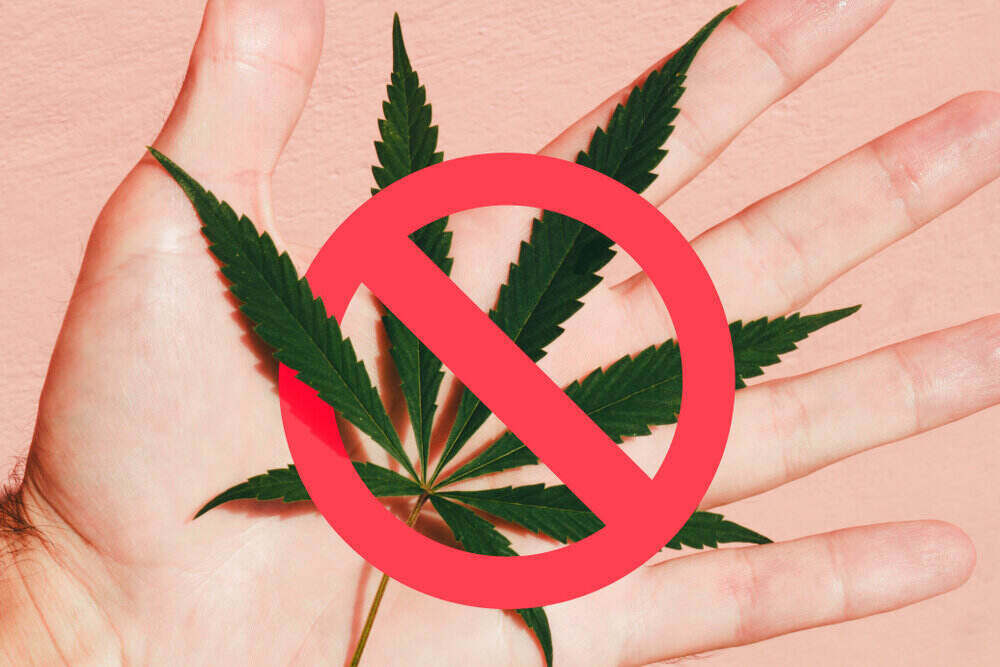
History & Background of Cannabis Law Reform Efforts
Early cultural introduction and prohibition: arrival with Indian indentured workers and Rastafarian influence—prohibition established with the 1992 Drug Abuse Prevention Act
Cannabis came to Grenada in the 19th century with Indian indentured laborers, who brought the plant and its uses with them. Over time, its cultivation and consumption spread, particularly among Rastafarians, who regard it as a sacrament central to their spiritual practices.
Despite its long-standing cultural and religious presence, the Grenadian government cracked down in the early 90s with the Drug Abuse Prevention Act, banning cannabis outright. That legislation did not account for religious or medicinal use, and it came down hard on users, growers, and traders alike.
Regional influence: CARICOM’s advocacy for reform and Grenada’s early resistance vs. gradual policy shifts
Throughout the 2000s and 2010s, other Caribbean nations started reconsidering their cannabis laws. CARICOM—the Caribbean Community—formed a regional commission in 2018 and recommended decriminalization across the bloc. Countries like Jamaica, Antigua and Barbuda, and Saint Vincent & the Grenadines began easing restrictions.
Grenada, however, held back. Government officials initially pushed back against decriminalization, citing health concerns and international obligations. But as public opinion shifted and neighboring islands moved forward, Grenada began to soften its stance. By the early 2020s, the conversation had evolved from “never” to “not yet.”
Ongoing Reform and Legislative Developments
Establishment of the Grenada Cannabis Commission in October 2022 with mandate for policy, regulation, and public consultation
In October 2022, Grenada made its first official move toward reform by establishing the Grenada Cannabis Commission. This body was tasked with leading national discussions around cannabis, researching regulatory models, and conducting public consultations to understand the population’s views.
The Commission’s creation marked a turning point. For the first time, the government acknowledged the need to update its cannabis policies—not just for personal freedom, but also for economic, medicinal, and religious reasons.
Transition to a streamlined Cannabis Working Committee in April 2024 tasked with framework design and public engagement
Fast-forward to April 2024. The original Cannabis Commission transitioned into a smaller, more focused Cannabis Working Committee. Their job? Draft a framework for legalization and regulation. That includes deciding:
- How much cannabis people can possess legally
- Who can grow it, and under what conditions
- What licensing and business structures will be allowed
- How enforcement will change
The committee has also been holding town halls and collecting input from stakeholders: farmers, law enforcement, medical professionals, and everyday Grenadians. As a grower, I pay close attention to these public consultations—they shape how inclusive and practical the final policy will be.
Government announcements in early 2025 indicate plans to introduce decriminalization and legal reform legislation by mid- to late‑2025
In January 2025, the Grenadian government announced it would bring forward legislation to decriminalize and regulate cannabis. That means we’re likely to see real legal changes before the year is out.
The draft bill is expected to include provisions for decriminalization of small amounts and legal home cultivation. The idea is to treat cannabis not as a criminal threat, but as a plant that—when responsibly handled—can serve medical, religious, and economic purposes.

What’s Changing (Proposed Decriminalization & Legalization)
Proposed allowances: Possession up to 28 g and cultivation of up to five plants for personal or religious (Rastafarian) use as part of draft legislation
According to the draft proposals shared by the Working Committee, the following changes are expected:
- Possession of up to 28 grams (1 ounce) for personal use will be decriminalized
- Cultivation of up to five cannabis plants per household will be permitted
- Rastafarian communities will be allowed to use cannabis for religious purposes without fear of legal persecution
This is a game-changer. Not just for recreational users, but also for growers like you and me who want to cultivate for personal or spiritual use without worrying about police knocking on the door.
Focus areas: Emphasis on creating a regulated framework, reducing criminalization for minor personal use, and enabling medicinal and religious applications
Grenada’s reform efforts aren’t just about lighting up legally. They’re building a structured system that:
- Protects public health
- Reduces the burden on law enforcement
- Supports legitimate medical research and spiritual expression
- Creates economic opportunities for local cultivators
This also includes potential for medical marijuana licensing and pilot programs for research and export—though those details are still in development.
What It Means for Residents and Visitors
Status Quo Risks: Until legislation passes, all cannabis-related activities—including CBD—are illegal and subject to enforcement
Here’s the reality: until the new laws are signed into action, cannabis remains fully illegal in Grenada. That includes:
- Smoking a joint in public
- Traveling with CBD oil
- Growing even one plant in your backyard
If you’re visiting Grenada, don’t assume leniency just because change is coming. Law enforcement can and will prosecute under existing laws. Wait until reforms are official before you even think about rolling one up.
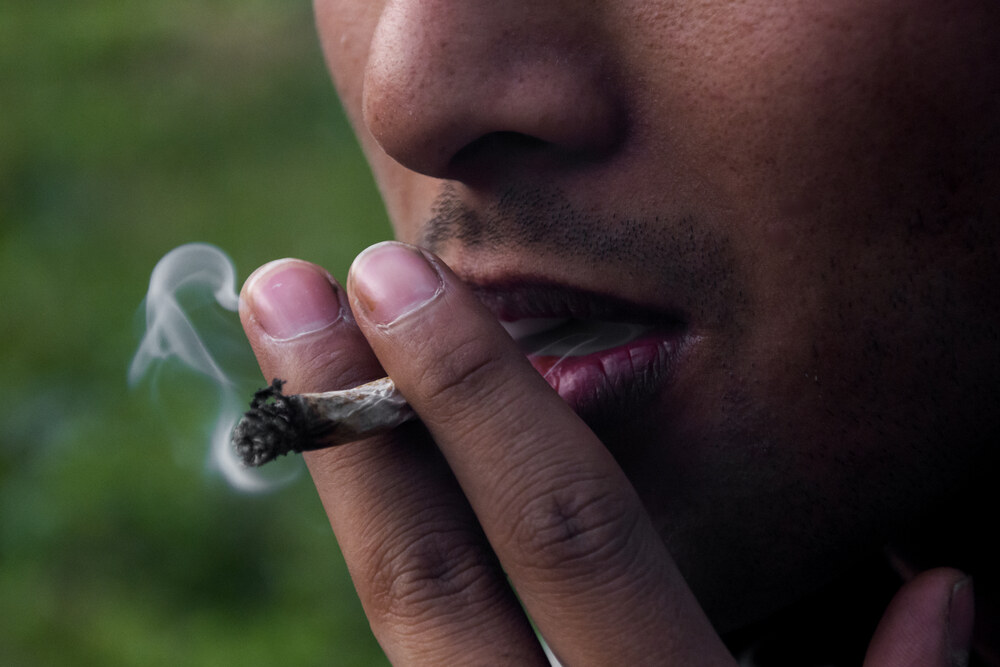
Watch this space: Legalization timeline expectations and what signals to track (e.g., committee updates, first reading in Parliament)
So what should you look for next?
- Public updates from the Cannabis Working Committee
- The first reading of the draft legislation in Parliament
- Announcements from the Ministry of Agriculture or Ministry of Health
Once you see those dominoes falling, you’ll know that real reform is just around the corner. And if you’re thinking of setting up a grow operation or applying for a future license, now’s the time to get your plans—and paperwork—together.
Context—How Grenada Compares Regionally
Neighboring St. Vincent & the Grenadines: Decriminalization up to 2 ounces and established medical cannabis frameworks
Grenada isn’t the first in the region to make changes. St. Vincent & the Grenadines already allows:
- Decriminalized possession of up to 56 grams (2 ounces)
- Licensed medical cannabis cultivation
- Export of medical cannabis products
They’re miles ahead—and a working example of how smart policy can benefit a small island nation economically and socially.
Other Caribbean examples (e.g., Barbados, Antigua): Contrast in penalties, fines, and legal models provides perspective on potential Grenadian paths
Here’s how some other Caribbean nations stack up:
- Antigua and Barbuda: Decriminalized up to 15 grams, legalized Rastafarian religious use
- Barbados: Medical cannabis legal under prescription, cultivation regulated
- Jamaica: Decriminalized possession under 2 ounces, home cultivation allowed, medical use regulated
Grenada is catching up, and with public support behind reform, there’s a good chance it will follow a similar model—decriminalize first, regulate next.
Conclusion
Cannabis in Grenada is at a tipping point. Right now, it’s still illegal to possess, grow, or use weed in any form—but that’s changing fast. With the Cannabis Working Committee drafting legislation and the government committing to reform, we’re looking at a future where small-scale cultivation and personal use will soon be legal.
As a grower, breeder, and educator, I see massive potential here. But until the ink dries on that legislation, be smart. Know the law. Follow the updates. And get ready—because Grenada is about to join the growing list of Caribbean nations embracing cannabis reform the right way.


